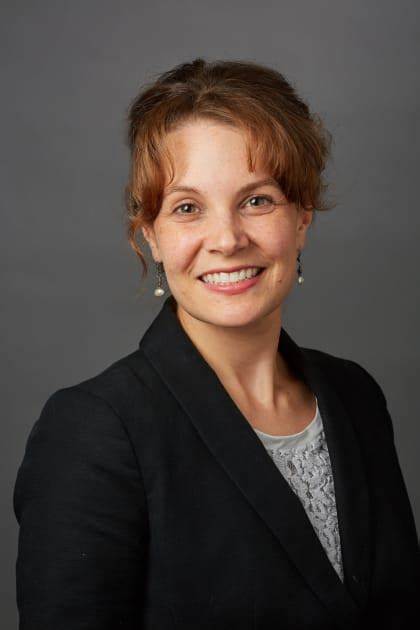Symposia
Treatment - Other
2 - (SYM 5) Clinical Impact of DBT Skills Group Training Within the Veterans Health Administration
- FA
Frances Aunon, Ph.D. (she/her/hers)
Clinical Research Psychologist
Connecticut VA Healthcare System
West Haven, Connecticut, United States - SR
Sandy Rowlands, LCSW
National Women's Mental Health Coordinator
Office of Mental Health and Suicide Prevention, VA Central Office
Wilkes-Barre, Pennsylvania, United States - CW
Cris White, PhD
Education Program Specialist
Department of Veterans Affairs Institute for Learning, Education, and Development
Los Angeles, California, United States - JS
Jennifer Strauss, PhD
National Lead and Women's Mental Health Program Manager
Office of Mental Health and Suicide Prevention, VA Central Office
Durham, North Carolina, United States - HK
Heather Kacos, Psy.D.
Psychologist
Orlando VA Healthcare System, University of South Florida College of Medicine
Orlando, Florida, United States 
Suzanne Decker, Ph.D. (she/her/hers)
Psychologist / Associate Professor
VA Connecticut Healthcare System / Yale School of Medicine
West Haven, Connecticut, United States
Speaker(s)
Co-author(s)
The Veterans Health Administration (VHA) has identified suicide prevention as a top clinical priority. One evidence-based treatment to reduce suicide behavior and associated risk factors is comprehensive Dialectical Behavior Therapy (DBT), which contains four components: individual therapy, DBT Skills Group, therapist consultation team, and phone coaching. While effective, comprehensive DBT is resource intensive, which may hinder its implementation. A dismantling study found that DBT Skills Group, in combination with the therapist consultation team, was shown to be as efficacious as full model DBT in reducing suicidal ideation, suicide attempt, and non-suicidal self-injury, and less resource intensive. DBT Skills group may be a less resource-intensive solution to providing evidence-based suicide prevention treatment, and may be attractive to sites unable to provide comprehensive DBT or considering comprehensive DBT in future.
To increase Veteran access to DBT Skills, an initiative to train VHA clinicians in DBT Skills Groups plus therapist consultation teams was started. This training includes six weekly sessions of highly experiential training followed by monthly, expert-led consultation for six months to support implementation. The first two cohorts of the training included 54 VHA clinicians from 12 VHA sites. Trainees were invited to complete surveys before the training and after the consultation period to assess the impact of the training.
In total, 47/54 participants responded to the pre-training survey and 28/54 participants responded to the post-consultation survey. The training contributed to a 56% increase in DBT Skills Groups across the sites. Additionally, self-reported fidelity to DBT Skills Groups increased. After training, 100% of respondents reported assigning and reviewing homework in DBT Skills Groups and 83% of respondents reported conducting a brief behavioral analysis when a group member did not complete homework, both important components of DBT Skills group fidelity, while no respondents endorsed either behavior prior to training. These findings suggest that this training may be a viable strategy to increase access to evidence-based suicide prevention within VHA.

.png)
